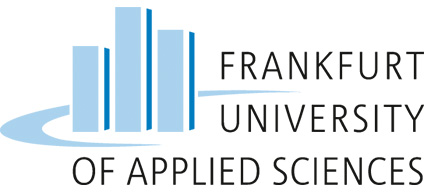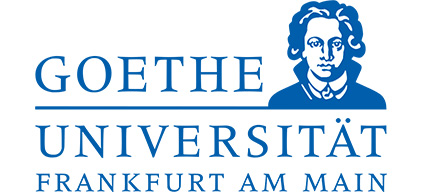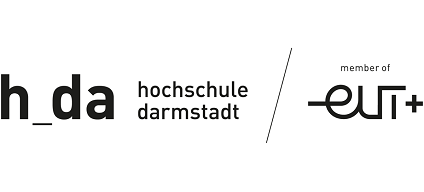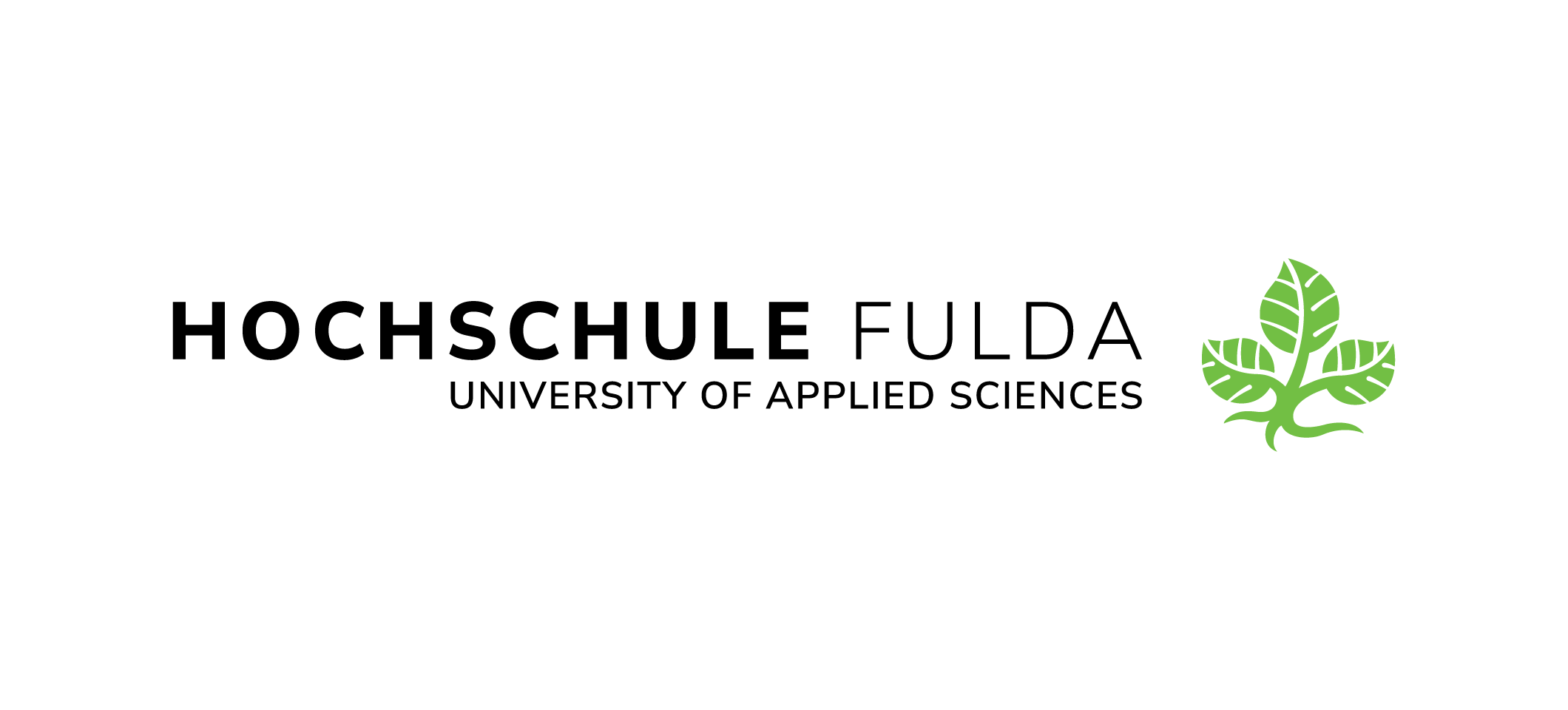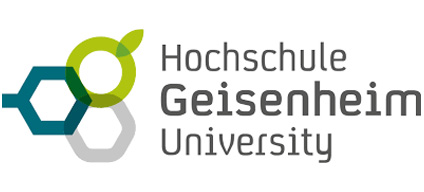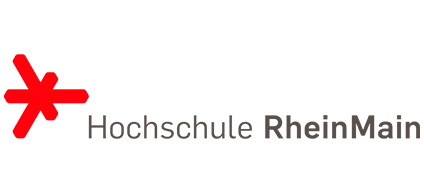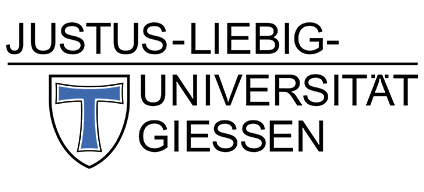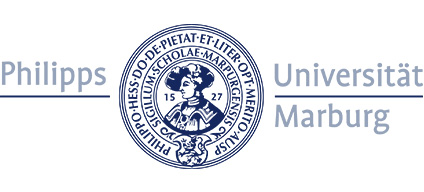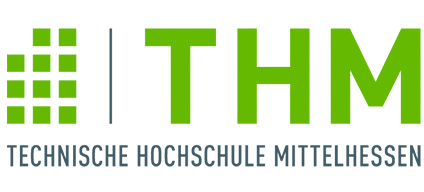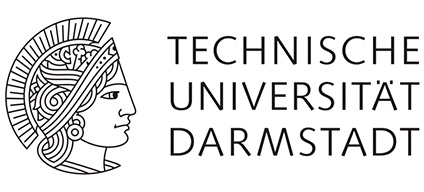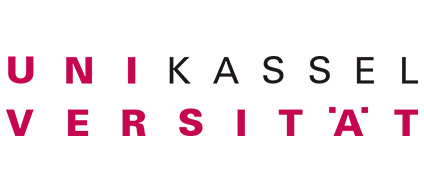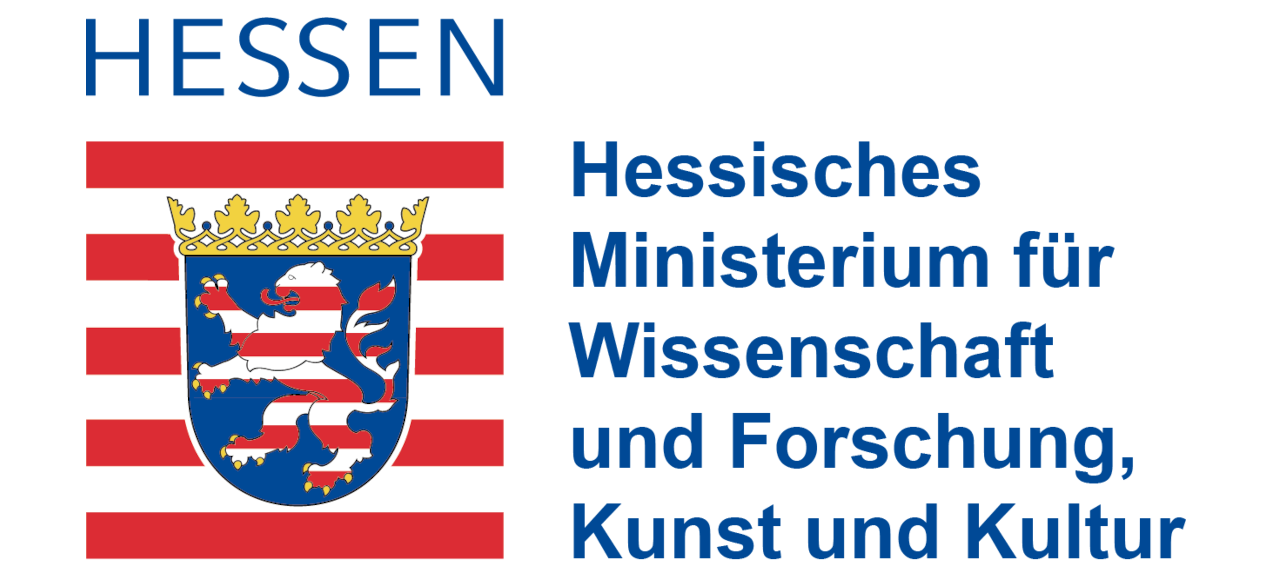Main Content
Which licence should I choose?
The publication of data under a specific licence allows a detailed definition of the permissible form of their use. This creates legal assurance on behalf of both the person providing as well as the one using the data. Even when waiving any restrictions, it is therefore important to formulate them.
Although data themselves are not usually subject to copyright, there is nevertheless something to be said for treating them as potentially worthy of protection, not least in order to express one's own ideas about further use. Various licensing models are available for this purpose. The most common of these is Creative Commons (CC). CC licences are independent of the licensed content and cover copyrights, ancillary copyrights and in the current version – if available – also database producer rights.
The Open Knowledge Foundation's ‚Open Data Commons' licence package has been designed specifically for the publication of data. In addition to the unconditional licence (Open Data Commons Public Domain Dedication and License (PDDL)), it offers three other models:
- Open Data Commons Attribution License (ODC BY v1.0): Condition of attribution
- Open Data Commons Open Database License (ODbL v1.0): Sharing under same conditions
- Database Contents License (DbCL v1.0): Sharing under the same conditions also for database contents
Regardless of its legally binding nature, the CC-BY licence certainly comes closest to fulfilling the idea of Open Access and Open Science, whereas the 'distribution under the same conditions' can lead to compatibility problems with other licences and the prohibition of editing can lead to restrictions in use by data mining for example or also to problems with long-term archiving. Prohibiting commercial use hampers use in commercial databases and thus potentially reduces the visibility of your research.
Whichever licence you choose, you should take the decision in a deliberate and informed way. A more detailed discussion of the topic can be found in Wiebe & Guibault 2013. This presentation by Frank Waldschmidt-Dietz also provides a brief overview of Creative Commons licences and licensing in general. Frank Waldschmidt-Dietz as well shows the advantages of free, open access licences for education in a video on Open Educational Resources, or OER for short.
Regardless of the terms of use, the rules of good scientific practice apply, of course, which require that the source of data used be stated.
